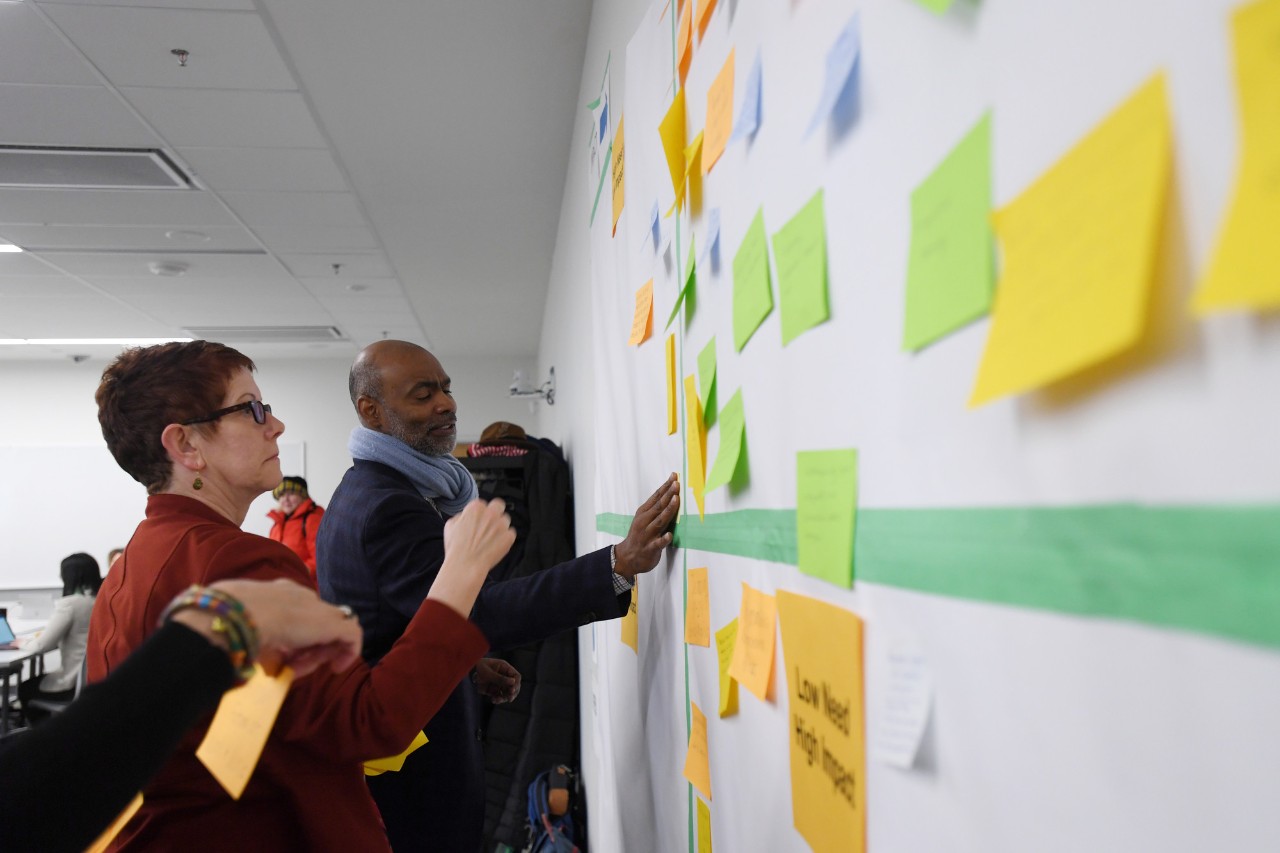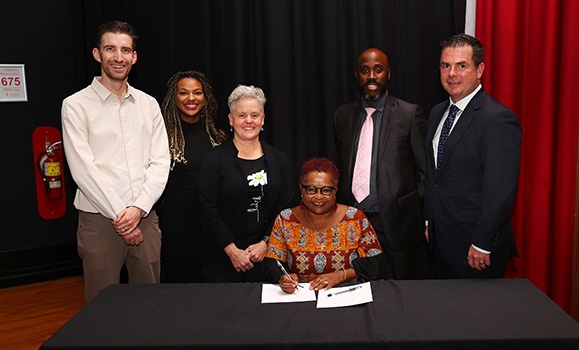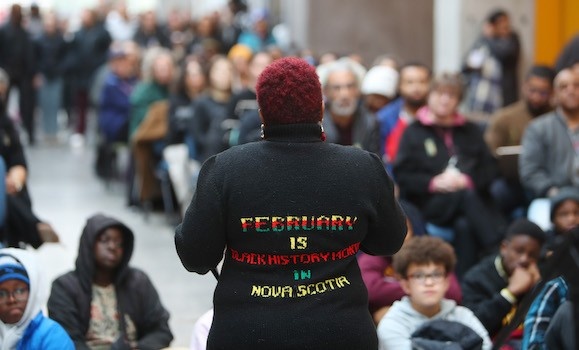The Office for Equity and Inclusion
The OEI was previously known as HRES but now consists of three separate but integrated units:
Caucuses & Councils
To date, there are two advisory councils:
and three caucuses:
Reports & Mandates
There are also nine internal reports that identify the ramifications of this history and recommendations informed by members of the communities on how we can address the inequities that have resulted and continue. Included among these are the African Nova Scotia Strategic Report [PDF- 578 KB] and the Indigenous Council Strategic Report [PDF - 3MB].
Additionally, there are two national mandates, the Truth and Reconciliation Commission Report (TRC) and the Scarborough Charter on anti-Black racism and Black Flourishing at universities and colleges. These reports serve as guiding principles as well as offer specificities on how to become more inclusive.
As we build the structures for transformational change, the recommendations from these reports, as well as emergent ones, will be addressed through OEI-established Pan-University Committees for Equity & Inclusion.


